Why Gloucester needs afforable housing
Harbor Village, one of Gloucester’s newest affordable housing developments.
June 7, 2023
Affordable housing is a contentious issue in Gloucester. There are those in this town who believe it to be essential, those that believe it to be a nuisance, and in town meetings, it seems everyone has something to say. But is there truly a compelling case for the expansion of affordable housing? Will opening up opportunities for new developments truly improve the lives of Gloucester residents?
Affordable housing, is, put simply, housing that is made affordable for people earning income below a specific threshold. In Massachusetts, that threshold is generally households that earn below 80 percent of their Area’s Median Income, or AMI.
Gloucester is a highly economically diverse place. From seaside mansions to small apartments, this town is unique in that there are all kinds of people, from working-class immigrants to successful long-established business owners. For many, Gloucester is a sort of ancestral home, a place where their families have built a life and a community.
But as inflation rises nationwide, the cost of living steadily increases for the Gloucester citizens. For, say, residents of the Backshore, this problem poses little threat to their housing security. But for the elderly, for the disabled, for immigrant families, for so many members of the Gloucester community, the rising cost of living threatens their livelihoods.
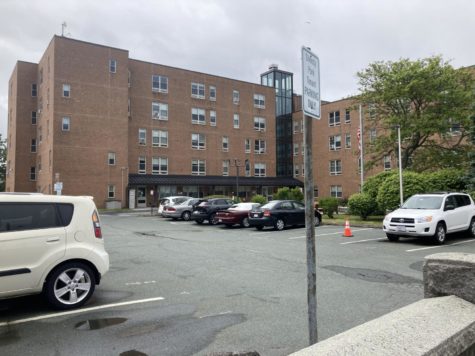
In reports put together by the Gloucester Affordable Housing Trust, Gloucester’s population is expected to do two things: grow, and age. Between 2010 and 2020, Gloucester’s population increased by 3 percent, and the number of households increased by 9.4 percent. The Metropolitan Area Planning Council expected populations to decrease, but as birth rates rise and new immigrants arrive, a population downturn becomes less and less likely.
In 2010, people age 60+ made up 38% of homeowners. In 2030, that number is projected to increase to 58%. This number demonstrates that young people aren’t settling in Gloucester like they used to, in part because housing costs continue to skyrocket and drive them out. This is a common sentiment among Gloucester’s younger generation.
“Gloucester is a very tight knit community, and such an accepting one that it’s incredibly hard to imagine leaving.” Finn Wall, a Gloucester native, said. “[My family has] lived in Gloucester for over 20 years, and we’ve found a community. But even just 20 years after they bought our house, it’s already so much more expensive. Especially with rising housing costs and college expenses, there is no way I’ll be able to continue living here after college. You can hear it in the schools—we all love our town, but no one without generational wealth is going to be able to continue living here after they graduate.”
According to Gloucester’s 2017 Housing Production Plan, 3 in 5 Gloucester households are cost-burdened, meaning they spend more than 30 percent of their income on housing, and 1 in 5 spend more than 50 percent of their income on housing. Estimated to be just under 50 percent higher than the national average, Massachusetts has one of the highest costs of living in the country. Despite these figures, only 7.6 percent of the housing in Gloucester is considered affordable in the Subsidized Housing Inventory, which falls behind Massachusetts’ goal of 10 percent.
So, in short, the situation is this: Gloucester is growing, families are struggling monetarily, and a lack of affordable housing means this problem will only get worse. The argument could be made that, instead of taking up space by building affordable housing developments, people should instead apply for Section 8 housing, and find homes in apartment complexes like The Heights, for instance. However, the process for obtaining aid like that is long, complicated, and often not feasible as a short-term solution.
“My mom applied [for Section 8 housing] a long time ago,” Cyan Clements, a student living in The Heights, said. “She had to wait around 8 years to be accepted.”
In an apartment complex like The Heights, a two-bedroom apartment costs between $2185 to $2235 per month. For a struggling family that needs a place to live, regular apartments in Gloucester are no longer an option, and applying for financial assistance is a lengthy process.
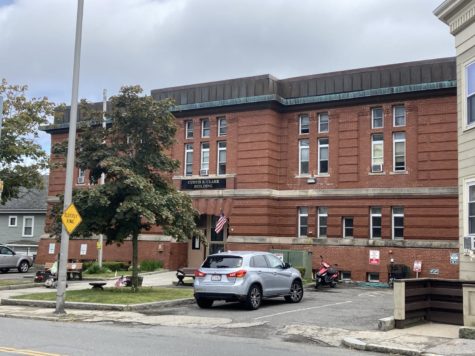
To see how affordable housing benefits Gloucester on an individual level, one need look no further than Action Inc. Action Inc. is a Gloucester-based organization dedicated to providing essential services to struggling people and families in the community. Part of what Action does is creating and providing affordable housing developments and emergency shelters for those in need. Visiting their website, those interested can read testimonials from real people who have been helped by affordable housing.
One story tells the tale of Matt, a man who struggled with addiction and chronic homelessness for 30+ years before finding Action and applying for housing. After a few months, he was able to get his own apartment and get sober. Now, Matt has a stable life, access to healthcare, and is now starting a job at Action himself. Matt’s story is one of many on Action’s website, of people in crisis who were able to recover and live good lives after getting into affordable housing. Without the cost burden of high rent, people like Matt are able to focus on addiction recovery, job searches, and reconnecting with their families and the Gloucester community.
“The cost of renting an apartment is higher than ever, and people have to sacrifice other things to pay their rent,” Michelle Ameno, who works as Adult Education Manager at Action, said. “Can you imagine having to choose between food for your family and paying your rent? That’s what a lot of my students are faced with. More affordable housing would make life less stressful for lower income families and would keep individuals in the community rather than force them to look for housing elsewhere.” Ameno works for Action, managing their database, working as a leader and a teacher, and helping adults complete high school equivalency programs and tests. Many of the people Ameno works with are disadvantaged, and are some of the people that benefit the most from affordable housing.
So, what can we as a Gloucester community do to ensure that people can access affordable housing? As an individual and a Gloucester resident, there is much to be done on the individual level. Organizations like Action Inc. are doing important work managing affordable housing developments and providing shelter to those in need; donate, or volunteer, if you are able.
Every month, the Affordable Housing Trust holds meetings, held online and open to the public. If time permits, attend one, to stay up to date with what is being done to expand affordable housing. Be loud about supporting the cause—the more informed everyone is, the easier it will be to organize as a community to help people in need find homes.
“I’ve lived in Gloucester for 17 years and have witnessed the city’s resistance to change,” Ameno said. “Doing anything that involves change takes a long time. Unfortunately, the housing situation is dire. If the community doesn’t accept the idea of more affordable housing units, people will move elsewhere and that will harm the city’s economy.”
Much of the mistrust and opposition around affordable housing in Gloucester stems from a lack of understanding of what it does for those in crisis or in need. We need to stop pushing the narrative that affordable housing is a way for people to avoid financial responsibility, or that it is anything other than an essential service. To combat these ideas, we need to stay informed, updated, and empathetic.
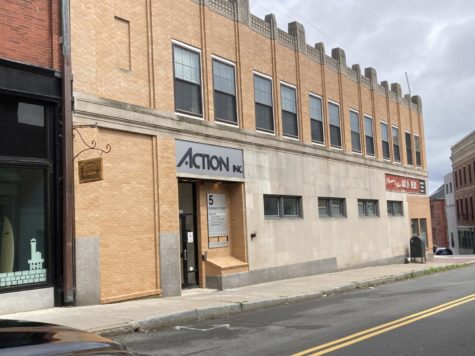

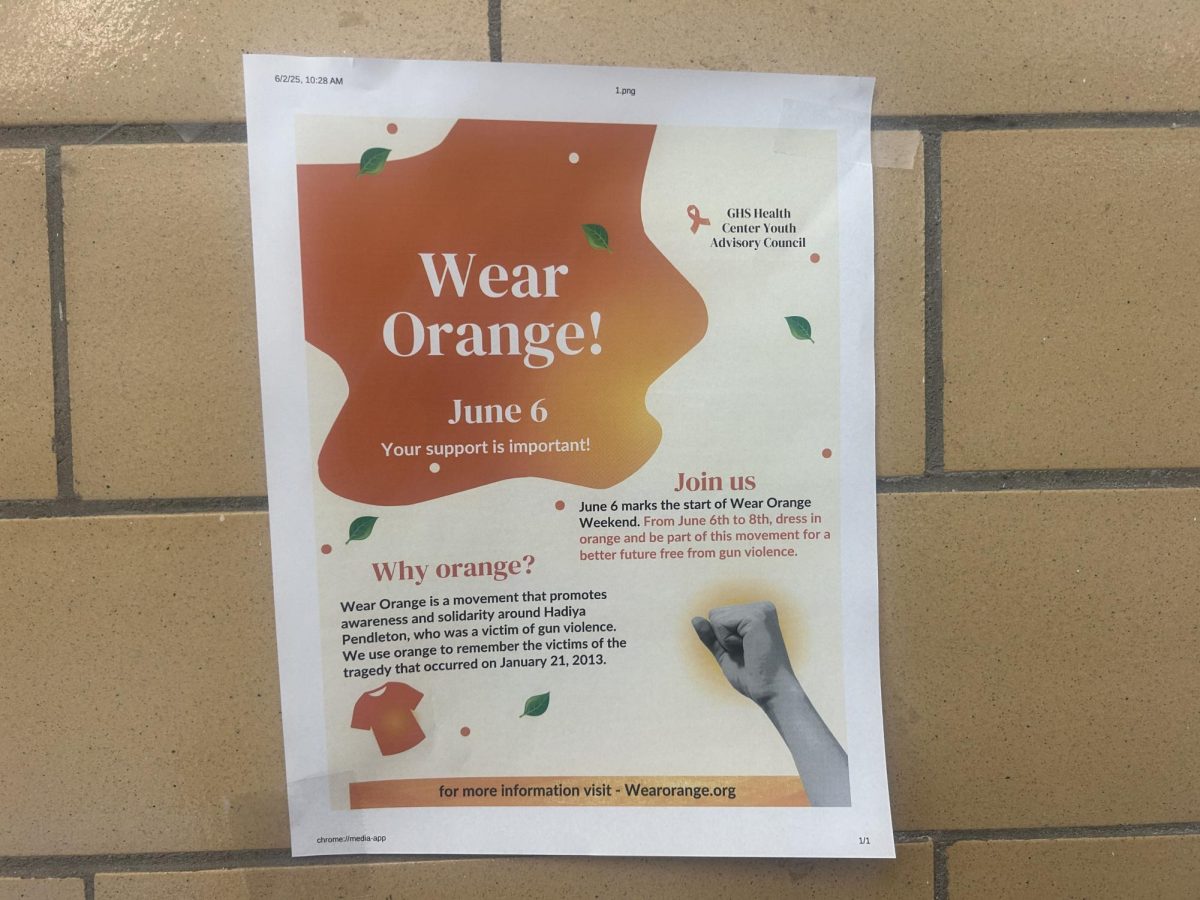

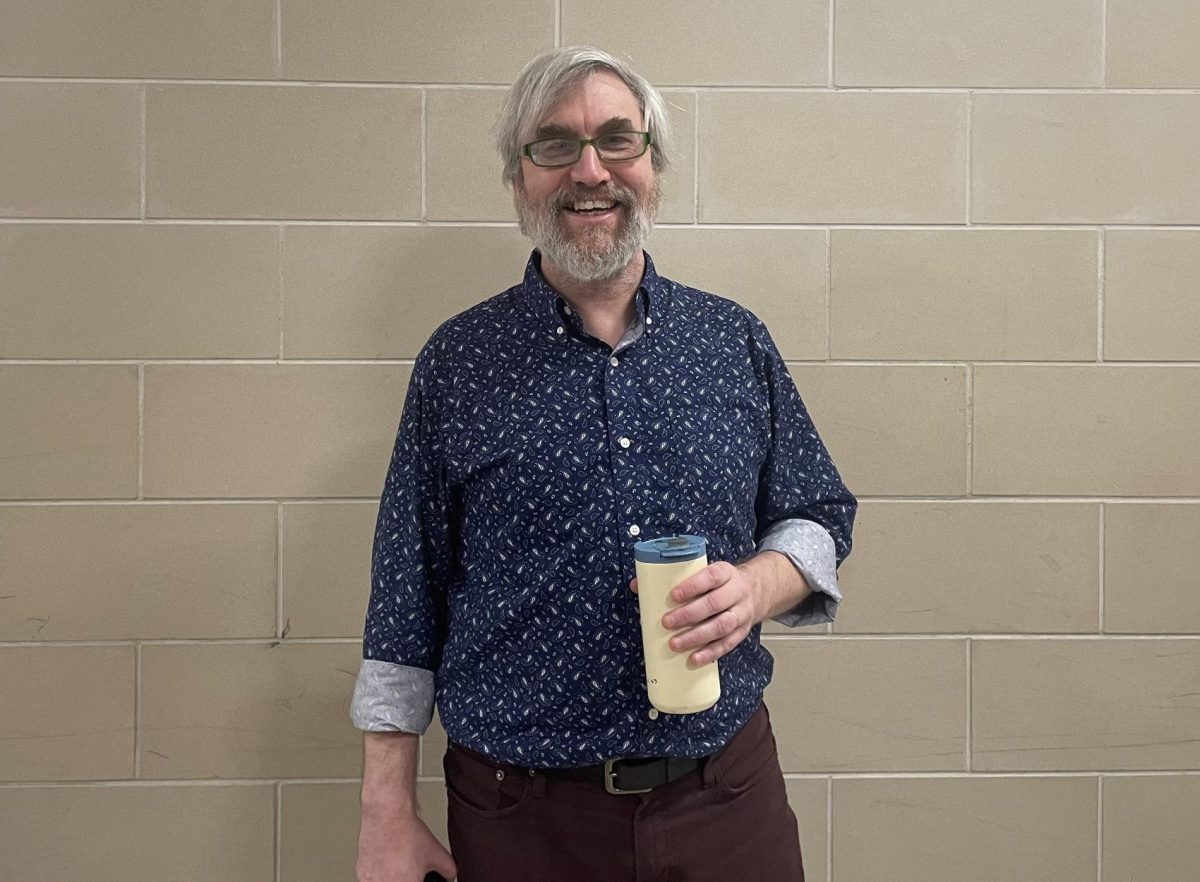





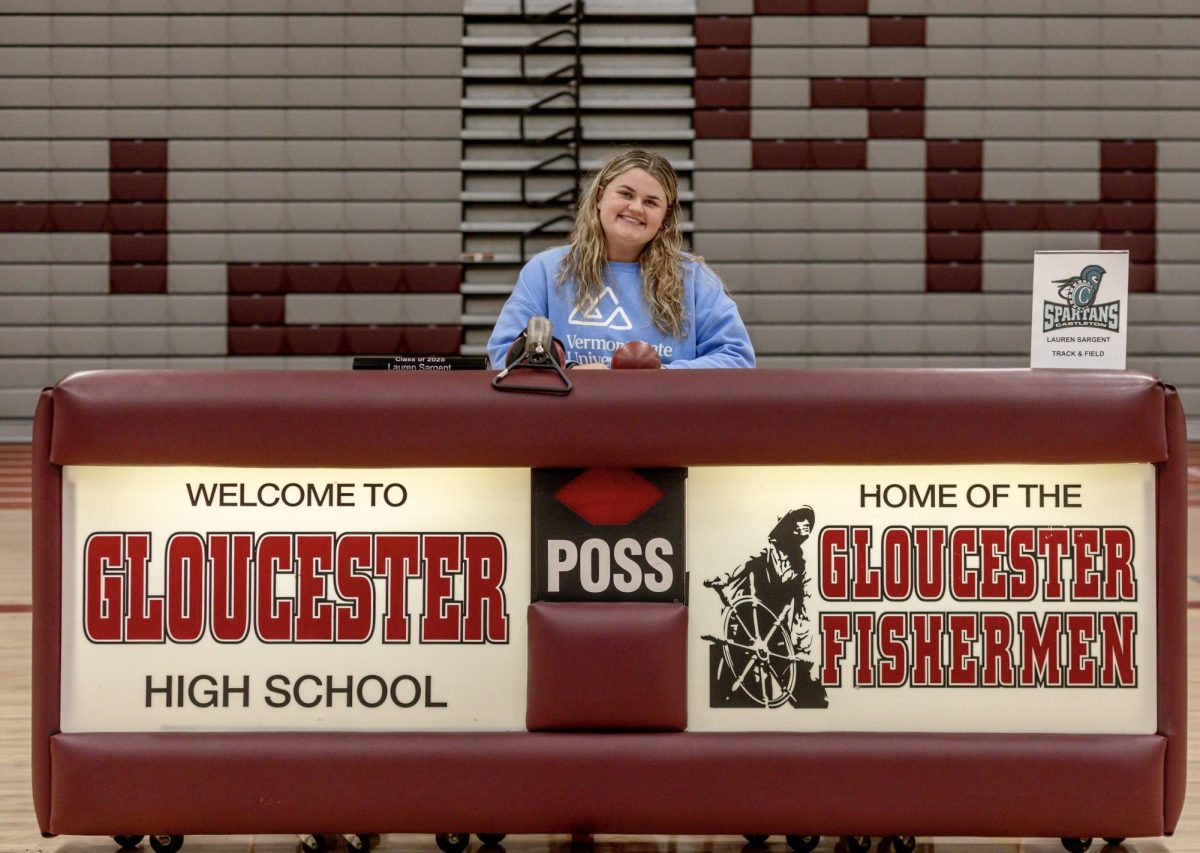

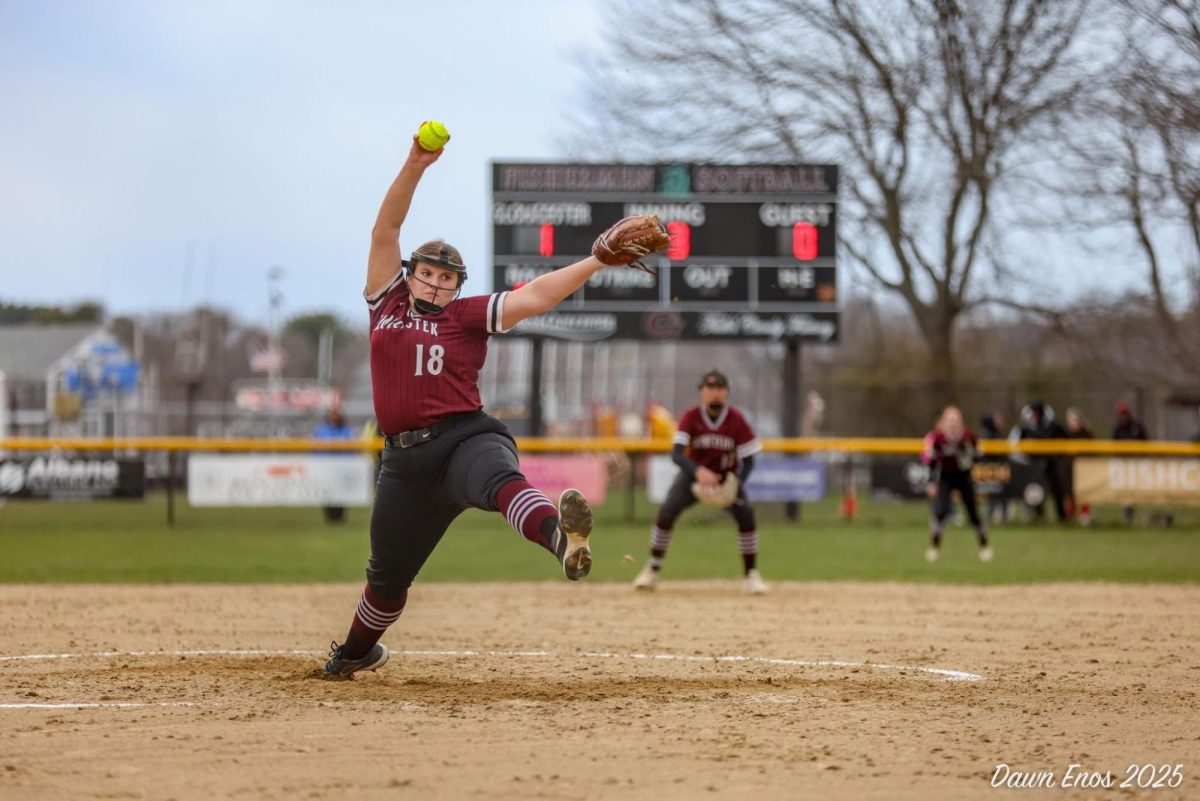
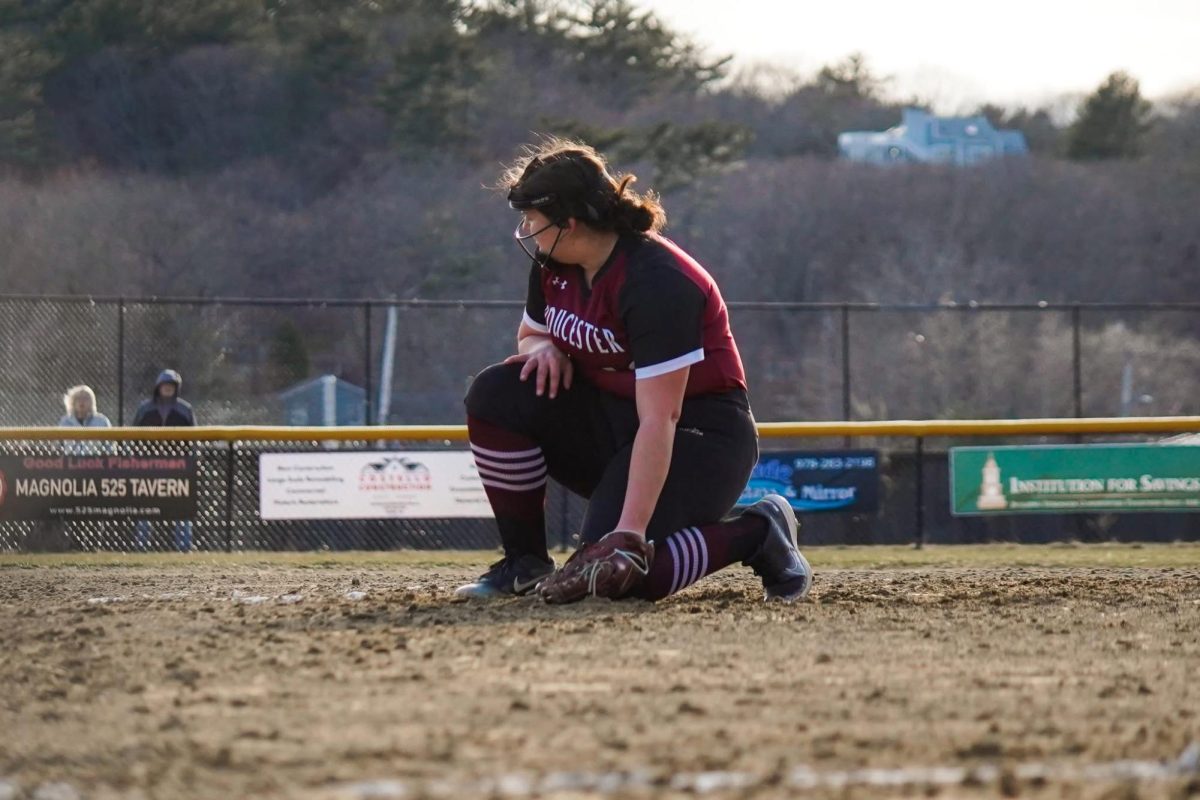
















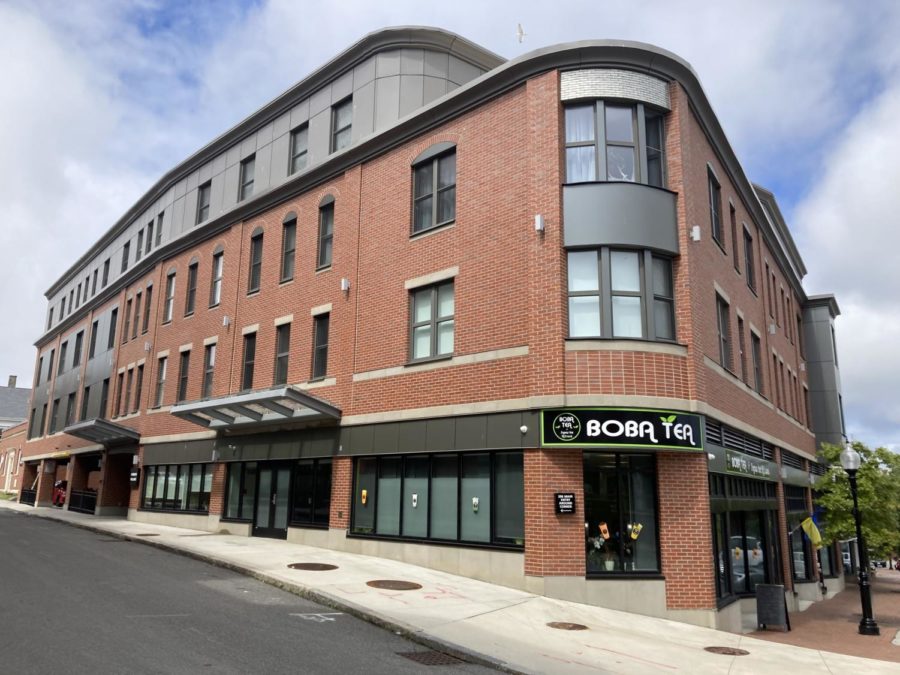
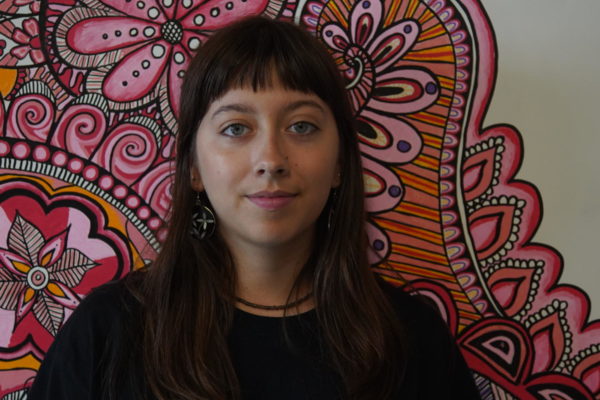

Julie Cleveland • Jun 22, 2023 at 9:59 am
Aurelia, this is fantastic reporting, I applaud you. The captions, in my humble opinion, under Sheedy and Curtis Clark buildings might have read that it is elderly housing only (which is part of public housing, different from “affordable housing”).
And maybe (when school’s back?) you could do another piece going in more depth defining all the different types of housing: “affordable housing” is an umbrella term for: affordable housing (the Trust etc and all you write about here), eg, Pond View Village, Harbor Village, then there is “subsidized housing,” which includes public housing (eg Riverdale Park), elderly housing, eg Sheedy, Curtis, McPherson buildings; then “Section 8” which is also a different program funded by Congress—those are two groups: most commonly known are “portable” vouchers—the Housing Choice Voucher (HCV) program, like the student’s mom at The Heights had to wait for, and “Section 8” not-portable, but in-place housing (can’t think of a Gloucester example, but Turtle Woods in Beverly is one).
Can you tell I am a housing advocate? ? I have learned a lot from your piece, for one thing: students’ perspectives. Their frustration about not being able to live here. It is all so true. And showing up, like you say, is what matters. I will do more to show up at the Afoordable Trust mtgs when I can (work conflicts).
There is also a newly formed and growing group Housing4All that meets the third Tuesday of every month. And feel free to interview me! An “older person” (lol I don’t feel old!) living “in the trenches” as a low-income person, which BTW Section 8 income limit for family of 1 in Gloucester is over 70K! believe me, that’s not me!.
Thank you again for bring attention to this Gloucester housing crisis which we must all work on together; I will be sharing it with our group and with others on SM!!